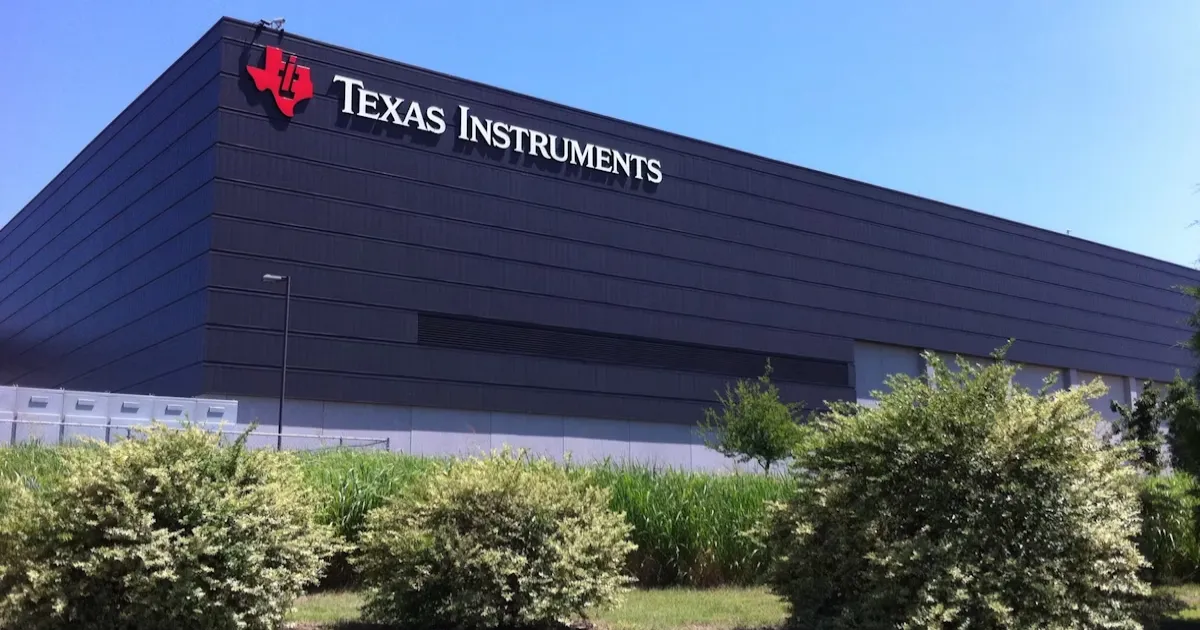Texas Instruments invests $60 billion in U.S. chipmaking

In a landmark commitment to bolster domestic semiconductor production, Texas Instruments (TI) has announced plans to invest more than $60 billion to expand its manufacturing footprint across the United States. This investment, described by the company as the “largest investment in foundational semiconductor manufacturing in U.S. history,” will fund the construction and expansion of seven chip-making facilities in Texas and Utah, and is expected to generate 60,000 jobs.
While Texas Instruments did not disclose a specific timeline for the investment rollout, the announcement underscores a growing movement among American chipmakers to shift production back to the U.S. in response to geopolitical pressures and policy incentives. The company’s plan includes two additional facilities in Sherman, Texas, which will be constructed based on future demand forecasts.
Unlike high-profile semiconductor firms like Nvidia and AMD that focus on AI chips, TI specializes in analog and embedded processing chips—components essential for everyday electronics including smartphones, cars, and medical devices. This strategic focus has earned TI a broad and stable customer base, including major players such as Apple, Ford Motor Company, and SpaceX.
This investment aligns with a broader industry trend. Just last week, Micron Technology announced a $30 billion expansion to its U.S. manufacturing plans, bringing its total proposed domestic investment to $200 billion. These announcements come as semiconductor firms face increasing pressure from the Trump administration to reshore chip production and reduce reliance on foreign suppliers. President Trump has criticized the 2022 CHIPS and Science Act—worth $52.7 billion—and has warned of potential tariffs on imported semiconductors.
Texas Instruments was previously awarded up to $1.61 billion in CHIPS Act funding, reflecting its significant role in the domestic chip manufacturing landscape. The company is already building two facilities in Texas and one in Utah, aimed at enhancing its in-house production capabilities to stay ahead of competition from rising Chinese analog chipmakers.
“TI is building dependable, low-cost 300 millimeter capacity at scale to deliver the analog and embedded processing chips that are vital for nearly every type of electronic system,” said TI CEO Haviv Ilan in a statement.
While some of the announced spending includes funds already allocated to ongoing construction projects, TI’s new commitment signals a strong long-term bet on U.S.-based manufacturing as a strategic imperative in a fast-evolving global technology landscape.





